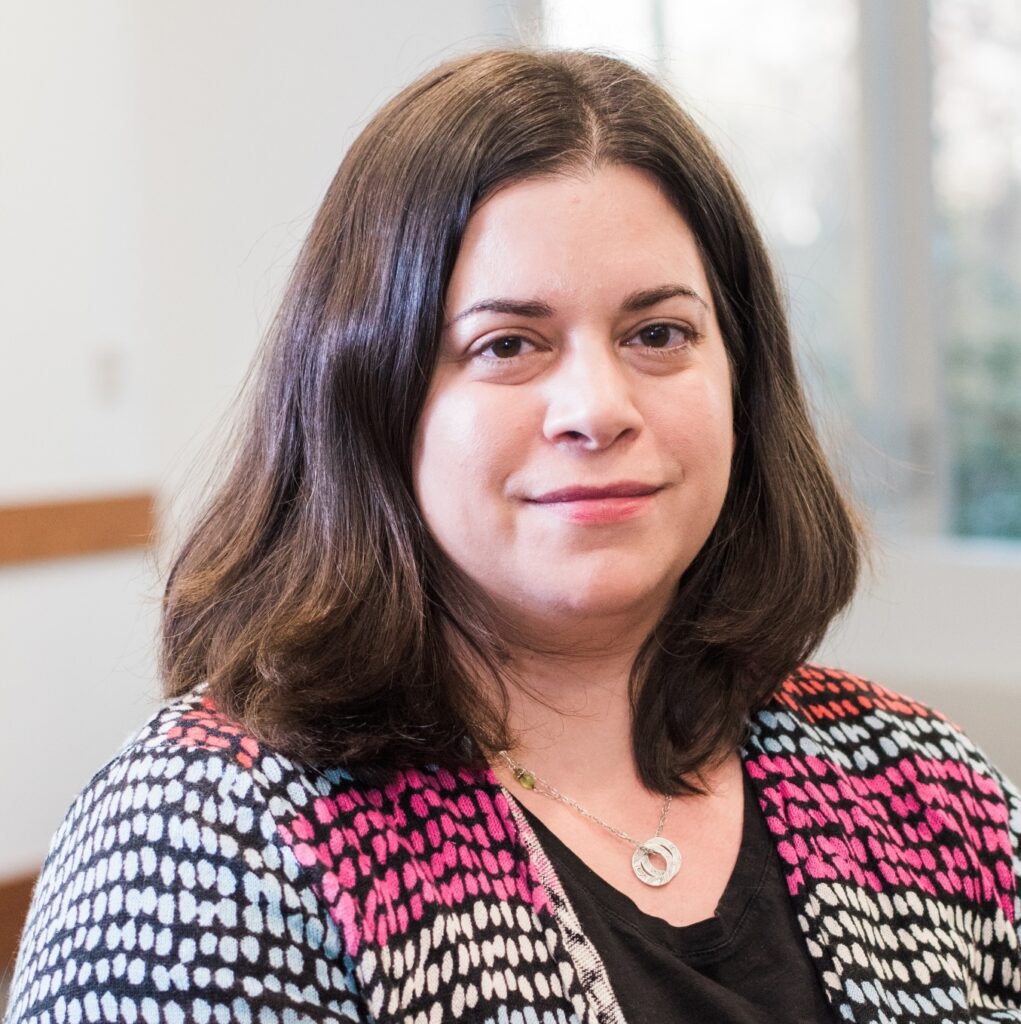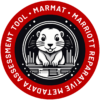ABOUT
The Marriott Reparative Metadata Assessment Tool (MaRMAT) is an open-source application created by librarians at the University of Utah’s J. Willard Marriott Library to help metadata practitioners flag various terms and phrases within metadata records using pre-curated and custom lexicons. MaRMAT is schema agnostic and supports library and museum professionals in assessing metadata for harmful, outdated, and otherwise problematic language in tabular metadata. In addition to reparative work, MaRMAT can be used to support broader metadata assessment and collections content analysis.
Identifying potentially harmful language—including problematic or outdated Library of Congress Subject Headings—is one important step toward reparative metadata practices. However, deciding what to change and how to change it requires thoughtful judgment by metadata practitioners. This work calls for awareness, education, and sensitivity to the communities and histories represented in digital collections. The Inclusive Metadata Toolkit, created by the Digital Library Federation’s Cultural Assessment Working Group, offers valuable resources to support decision-making in reparative metadata work.
MaRMAT was inspired by Duke University’s Description Audit Tool, developed to analyze MARC XML and EAD finding aid metadata. We created MaRMAT to complement this work by enabling bulk analysis of metadata in tabular formats, allowing for schema-agnostic assessment.
Our Team

Kaylee P.Alexander
RESEARCH DATALIBRARIAN
J. Willard Marriott Library
University of Utah

AidenDeBoer
STUDENTPROGRAMMER
J. Willard Marriott Library
University of Utah

AnnaNeatrour
HEAD OFDIGITAL LIBRARY SERVICES
J. Willard Marriott Library
University of Utah

Rachel JaneWittmann
METADATA STRATEGIESLIBRARIAN
J. Willard Marriott Library
University of Utah
Our ADVISORY BOARD
We are currently seeking new members to join the MaRMAT Advisory Board. If you are passionate about reparative metadata practices and have experience in libraries, archives, museums, or related fields, we invite you to apply. Advisory Board members help guide the direction of MaRMAT, review community-submitted lexicons, and contribute to conversations around inclusive and ethical description.
If you’re interested in serving, please register your interest HERE.
Contact us
Have questions? We’re always open to talk about how you’re using MaRMAT, new lexicons, ideas for improvements, and how we can help with your metadata assessment projects!
Scroll to Top
RESEARCH DATA

AidenDeBoer
STUDENTPROGRAMMER
J. Willard Marriott Library
University of Utah

AnnaNeatrour
HEAD OFDIGITAL LIBRARY SERVICES
J. Willard Marriott Library
University of Utah

Rachel JaneWittmann
METADATA STRATEGIESLIBRARIAN
J. Willard Marriott Library
University of Utah
Our ADVISORY BOARD
We are currently seeking new members to join the MaRMAT Advisory Board. If you are passionate about reparative metadata practices and have experience in libraries, archives, museums, or related fields, we invite you to apply. Advisory Board members help guide the direction of MaRMAT, review community-submitted lexicons, and contribute to conversations around inclusive and ethical description.
If you’re interested in serving, please register your interest HERE.
Contact us
Have questions? We’re always open to talk about how you’re using MaRMAT, new lexicons, ideas for improvements, and how we can help with your metadata assessment projects!
Scroll to Top
STUDENT

AnnaNeatrour
HEAD OFDIGITAL LIBRARY SERVICES
J. Willard Marriott Library
University of Utah

Rachel JaneWittmann
METADATA STRATEGIESLIBRARIAN
J. Willard Marriott Library
University of Utah
Our ADVISORY BOARD
We are currently seeking new members to join the MaRMAT Advisory Board. If you are passionate about reparative metadata practices and have experience in libraries, archives, museums, or related fields, we invite you to apply. Advisory Board members help guide the direction of MaRMAT, review community-submitted lexicons, and contribute to conversations around inclusive and ethical description.
If you’re interested in serving, please register your interest HERE.
Contact us
Have questions? We’re always open to talk about how you’re using MaRMAT, new lexicons, ideas for improvements, and how we can help with your metadata assessment projects!
HEAD OF

Rachel JaneWittmann
METADATA STRATEGIESLIBRARIAN
J. Willard Marriott Library
University of Utah
METADATA STRATEGIES
Our ADVISORY BOARD
We are currently seeking new members to join the MaRMAT Advisory Board. If you are passionate about reparative metadata practices and have experience in libraries, archives, museums, or related fields, we invite you to apply. Advisory Board members help guide the direction of MaRMAT, review community-submitted lexicons, and contribute to conversations around inclusive and ethical description.
If you’re interested in serving, please register your interest HERE.
Contact us
Have questions? We’re always open to talk about how you’re using MaRMAT, new lexicons, ideas for improvements, and how we can help with your metadata assessment projects!
